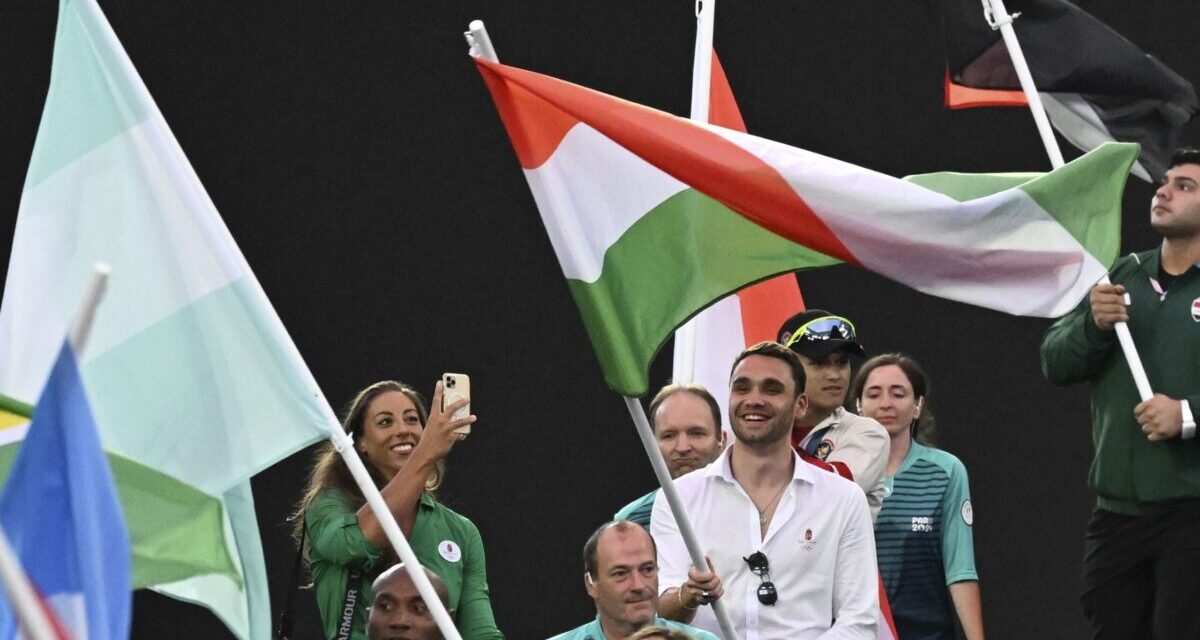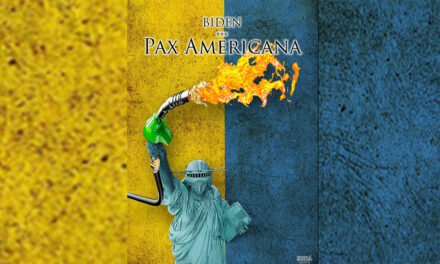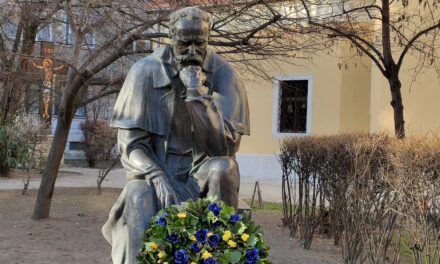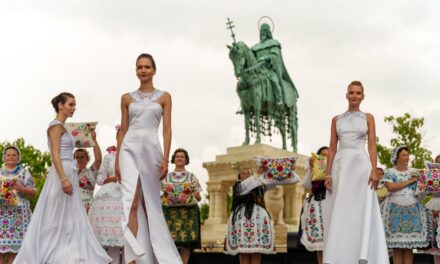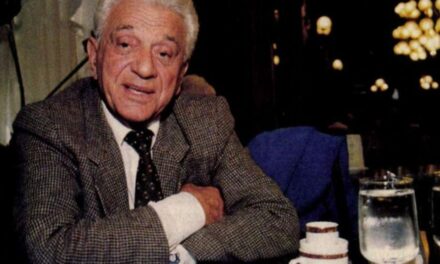As the country with the 95th largest population in the world, we were fourteenth in the medal table of the five-ring games at the XXXIII, which ended on Sunday evening. summer olympics.
Hungary is still a global sports superpower, as the country with the 95th largest population in the world, we were fourteenth in the medal table of the Olympics, Péter Szijjártó wrote on his Facebook page on Monday. In his post, the minister reminded him: the Paris Olympics ended on Sunday, "which basically defined our last two to two and a half weeks", because "every day we were excited for the Hungarian athletes and we were happy together or we were sad, annoyed with them". According to the minister, the past two to two and a half weeks had many experiences and lessons.
One of the most important of these is that Hungary is still a global sports superpower - he wrote, noting that on the medal table, Hungary ranked fourteenth as the 95th most populous country in the world, "sixth in Europe, first in Central Europe in terms of street length".
Much larger, more populous, richer and stronger countries can only hit us with a stick, he noted.
According to Péter Szijjártó, the first 10-12 places in the Olympic medal table "are usually reserved for the biggest and strongest countries in the world", "all the G7, China, Korea, Australia are always here - and of course the Russians, if they can start". He added: "the real competition starts from here, and we finished at the top of this competition this year, along with New Zealand, Uzbekistan and Spain".
As he wrote, a total of 15 countries were able to win at least five gold medals, "including us Hungarians".
Glory at all levels - he noted and thanked the athletes and the professionals who helped them prepare for bringing glory to Hungary again.
As is known, the flame went out at the closing ceremony in the Stade de France on Sunday, thus ending the XXXIII. Summer Olympics in Paris.
To start the evening, the four-time Olympic champion swimmer Léon Marchand brought the Olympic flame from the Tuileries garden in a torch to the stadium, where after playing the orchestral version of the Marseillaise, the three-hour program began with the bringing in of the flags of 205 delegations. The Hungarian flag was carried to the arena by kayaker Tamara Csipes and swimmer Kristóf Milák. Then the heroes of the Olympics, the athletes themselves, entered the arena dancing and jumping freely and mingled on the field.
During the evening, Thomas Bach, the International Olympic Committee (IOC) and Sebastian Coe, the president of the International Athletics Federation, handed over the medals to the podium finishers of the women's marathon.
They welcomed the 45,000 volunteers, of whom 9,000 came from abroad, from 150 countries, including Hungary. Thirty percent of the contributors were under the age of 25, and 10 percent were over 60. The four newly elected members of the IOC Athletes' Committee were introduced.
In the following episode, the birth of the Olympics and the Five Rings was shown from birth.
Tony Estanguet, the chairman of the organizing committee, said that they were prepared for everything, but they did not foresee how much they would experience together. As he put it, the country gained momentum and the competition venues became ingrained in people's memories. Time stopped and the whole country began to vibrate, the whole country united. The spectators created a great atmosphere everywhere, France became a country of unrestrained fans, he said.
Thomas Bach emphasized that, despite the tensions in the world, the athletes lived in peace with each other for two and a half weeks in the Olympic village, which set an example. They implemented a culture of peace and showed that a better world could exist. He pointed out that millions of people celebrated in France and around the world. There was great support everywhere in iconic locations, the Olympics showed the unity of humanity in its diversity.
The Olympic flag was lowered to the sounds of the Olympic anthem. Then Estanguet gave it to Anne Hidalgo, the mayor of Paris, and he gave it to Bach, and finally it went to Karen Bass, the mayor of Los Angeles, which will host the next summer Olympics. Then Hollywood movie star Tom Cruise took it over from seven-time Olympic champion gymnast Simone Biles. He rode her on a motorcycle through the streets of Paris, got on a plane, and finally arrived in Los Angeles by parachute. There, American star athletes - including the four-time Olympic champion athlete Michael Johnson - carried it with them, while the Red Hot Chilli Peppers played, and then the band played music in Los Angeles. Later, Snoop Dogg also sang at Venice Beach.
Returning to the Stade de France, the flame in the torch in Marchand's hand was blown out by six athletes representing the continents, and Bach closed the Olympics.
More than 71,500 spectators followed the closing ceremony of the five-hoop games on the spot, the program points of the evening took place on the 2,400 square meter arena. 270 performers participated in the show.
11,110 athletes from 206 countries participated in the Games, which began on July 26. Hungary finished 14th in the medal table with six gold, seven silver and six bronze.
Paris will host the Paralympics from August 28 to September 8.
MTI
Cover photo: Two-time Olympic champion swimmer Kristóf Milák (k) brings the Hungarian flag, next to him is two-time Olympic champion kayaker Tamara Csipes (b) at the closing ceremony of the 2024 Paris Summer Olympics at the Stade de France 2
Source: MTI/Zsolt Czeglédi

